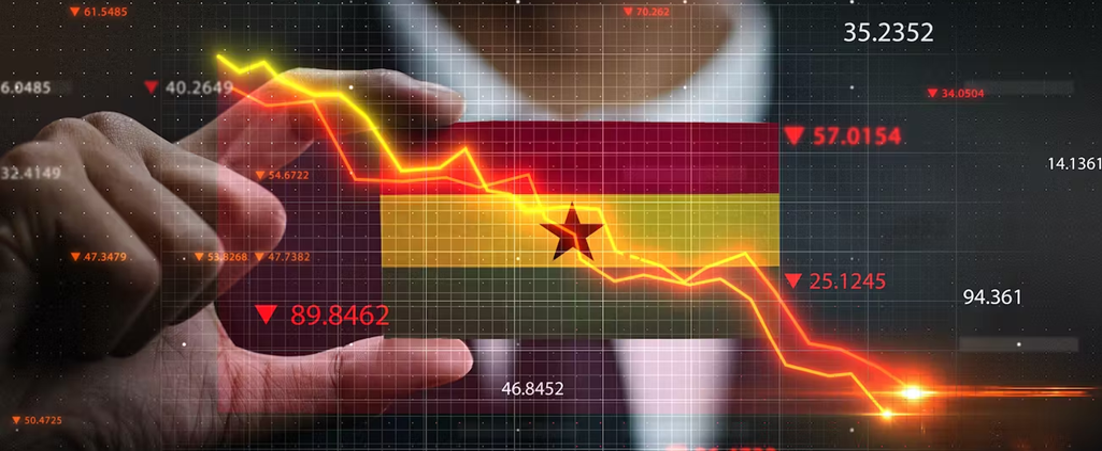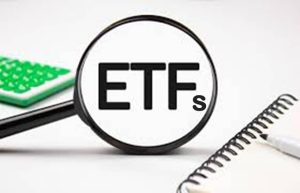
About The US Debt Ceiling
The debt ceiling is a statutory limit on the amount of debt that the United States government can issue to fund its operations and meet its financial obligations. It sets a maximum level of outstanding debt that the government is allowed to have at any given time. The debt ceiling is set by Congress and serves as a mechanism to control government spending and borrowing.
The purpose of the debt ceiling is to ensure that the government does not excessively accumulate debt without the oversight and approval of Congress. It serves as a mechanism for Congress to exercise control over the nation’s borrowing authority and to debate and make decisions on fiscal policy.
When the US Treasury reaches the debt ceiling, it means that it has borrowed up to the maximum limit allowed by law. At that point, the Treasury cannot issue any more debt to meet its obligations, such as paying bills or servicing existing debt. If the debt ceiling is not raised or suspended by Congress, the Treasury must rely on extraordinary measures, such as reallocating funds or suspending certain government payments, to continue financing its operations.
Failure to raise the debt ceiling and take appropriate measures to avoid default could have severe consequences for the US economy and financial markets. It could lead to a loss of confidence in the US government’s ability to meet its obligations, increase borrowing costs, and disrupt the functioning of various sectors, including government services, Social Security payments, military operations, and more.
The debt ceiling has been a subject of political debate and contention in the past, with Congress often engaging in negotiations and discussions on spending priorities, fiscal policies, and deficit reduction measures when considering whether to raise or suspend the limit.
Debt ceiling suspended until 2025
As at the end of May 2023, the US did not raise the limit, but suspended it entirely until 2025.
Potential Impact of the Debt Ceiling on the Ghanaian local currency
The US debt ceiling negotiations primarily impact the US economy and financial markets. However, they can have indirect effects on other countries, including Ghana and its currency, the Ghanaian cedi. Here are a few potential ways in which US debt ceiling negotiations could affect Ghana:
Global Financial Market Volatility
The US dollar is a global reserve currency, and any significant disruptions or uncertainties in the US economy can lead to increased volatility in global financial markets. During debt ceiling negotiations, if there are concerns about the US government’s ability to meet its obligations, it could lead to market instability and risk aversion among investors. This could result in capital outflows from emerging markets like Ghana, leading to downward pressure on the Ghanaian cedi.
Investor Sentiment and Risk Perception
Investor sentiment plays a crucial role in currency valuation. If the US debt ceiling negotiations create uncertainty or dampen investor confidence in the US economy, it could have a spillover effect on other economies. In such situations, investors may prefer to move their investments to safe-haven assets, such as the US dollar, which could weaken the local currency.
Commodity Prices
Ghana is a major exporter of commodities like gold, cocoa, and oil. Changes in global market conditions, including those influenced by US debt ceiling negotiations, can affect commodity prices. If market volatility or economic uncertainty arises from the negotiations, it could impact commodity prices and subsequently affect Ghana’s export revenues and currency valuation.
Foreign Aid and Investment
The US plays a significant role in providing foreign aid and investment to various countries, including Ghana. If US debt ceiling negotiations result in reduced government spending or changes in aid policies, it could indirectly affect Ghana’s economy and its currency. Reductions in aid or investment inflows can impact Ghana’s fiscal position, balance of payments, and overall economic stability, potentially influencing the value of the Ghanaian cedi.
It’s important to note that the actual impact on the Ghanaian cedi would depend on various factors, including the nature and outcome of the US debt ceiling negotiations, global market conditions, and Ghana’s own economic fundamentals. The interconnectedness of global financial markets means that events in one country can have repercussions in others, and the US debt ceiling negotiations are one such example.
—————————————————————————————————————————————————————————————-
The information contained in this blog is being provided for educational purposes only and does not constitute a recommendation from any Bora Capital Advisors entity to the recipient. Bora Capital Advisors is not providing any financial, economic, legal, investment, accounting, or tax advice through this blog to its recipient.
This report reflects the views and opinions of Bora Capital Advisors Ltd, and is provided for information purposes only. Although the information provided in the market review and outlook section is, to the best of our knowledge and belief correct, Bora Capital Advisors Ltd, its directors, employees and related parties accept no liability or responsibility for any loss, damage, claim or expense suffered or incurred by any party as a result of reliance on the information provided and opinions expressed in this report, except as required by law. The portfolio performance data represented in this report represents past performance and does not guarantee future performance or results.



